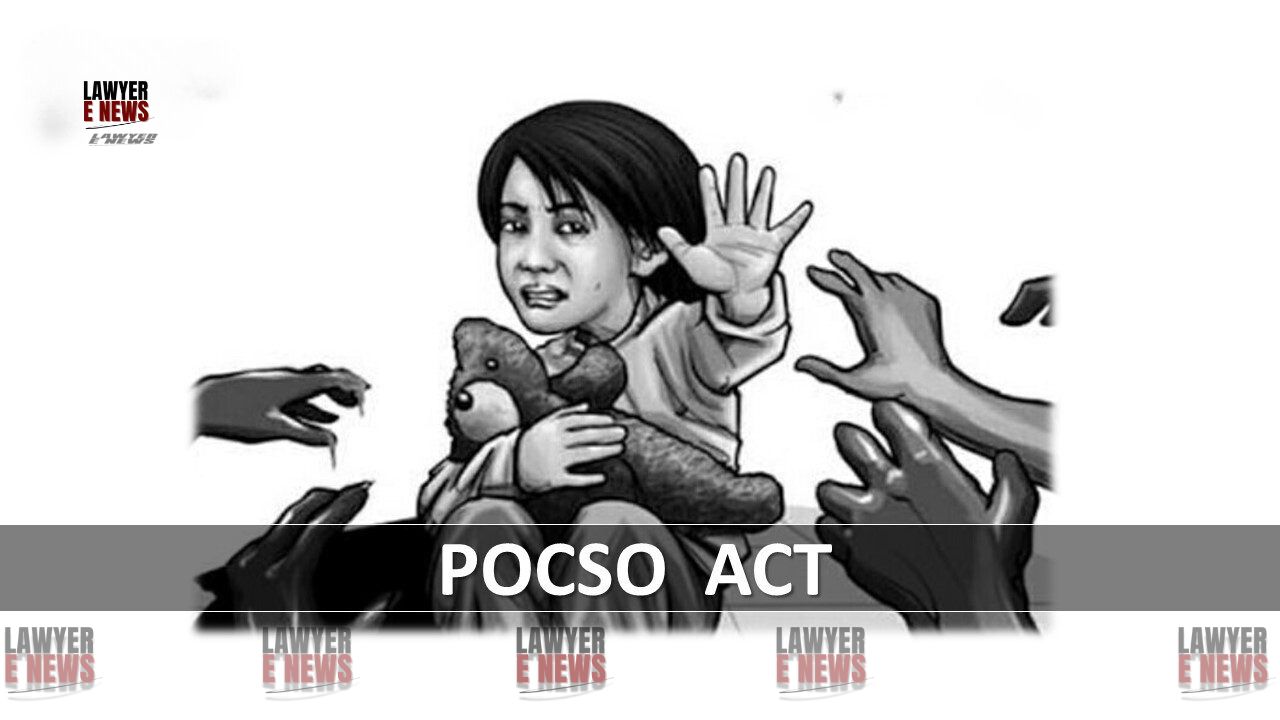-
by Admin
15 February 2026 2:16 AM



Supreme Court of India granted bail to Deshraj @ Musa in Deshraj @ Musa vs State of Rajasthan (Criminal Appeal No. 11020/2024), who had been charged under multiple sections of the Indian Penal Code and the Protection of Children from Sexual Offences (POCSO) Act. The appellant, 18 years old at the time of the incident, was accused of abducting a 16-year-old girl and attempting to commit sexual offenses.
The case originated from FIR No. 77/2024, registered on April 28, 2024, at Thoi Police Station, District Neem Ka Thana. The appellant was charged under IPC Sections 354(D) (stalking), 506 (criminal intimidation), 363 (kidnapping), 366 (abduction with intent to compel marriage), and 376 (rape), along with Sections 7/8 and 11/12 of the POCSO Act. The appellant was arrested in May 2024, and the chargesheet was filed on June 5, 2024. His bail applications were initially rejected by both the trial court and the High Court.
The appellant's counsel argued that he was only 18 at the time of the alleged offense and that the victim, 16, was involved in a consensual relationship. They emphasized that the trial would be prolonged, with 12 witnesses yet to be examined. In contrast, the State contended that the victim was a minor and denied any consensual relationship, emphasizing the seriousness of the charges.
The Supreme Court, after hearing both sides, decided to grant bail, taking into account the young age of the appellant, the prolonged trial, and the fact that the relationship was claimed to be consensual. The Court imposed strict conditions, including barring the appellant from contacting the victim or influencing witnesses.
The Supreme Court directed the trial court to release the appellant on bail, subject to specific conditions to ensure his cooperation in the trial and prevent any misuse of his liberty.
Date of Decision: October 4, 2024
Deshraj @ Musa vs State of Rajasthan
